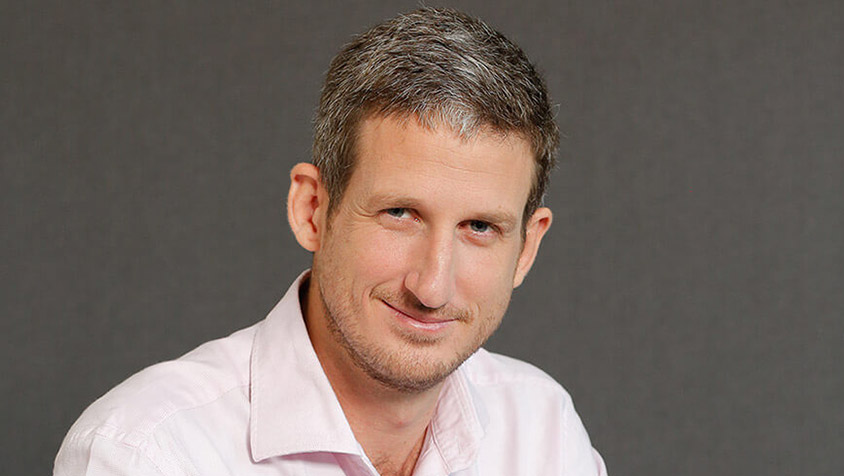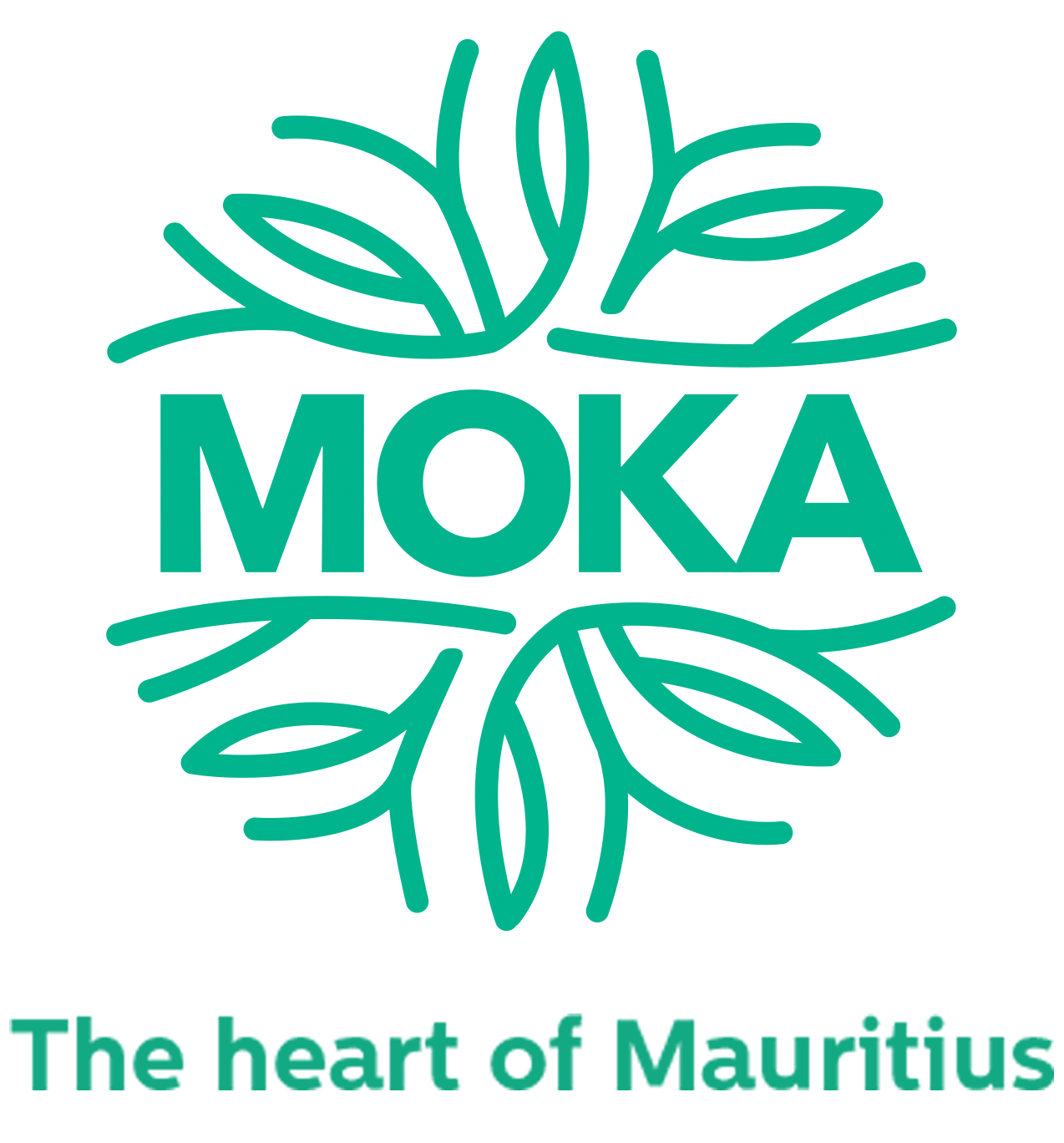The acronym LEED stands for Leadership in Energy and Environmental Design, a US certification system for various urban development projects worldwide. “We chose to go through this certification process to show that we do not view sustainable development merely as a theoretical principle.
Once certification has been obtained, we will be the first urban development project in the country, and one of the few in Africa to carry such a label,” says Samuel de Gersigny, who is responsible for the development of the Moka Smart City.
To qualify for the LEED for Neighbourhood Development (LEED-ND) certification, the development site must include at least one LEED-certified building. The new PwC Mauritius headquarters, currently under construction in the Central Business District at Telfair Square, will be LEED certified, which means that the Moka Smart City has already met an essential criterion for obtaining the LEED-ND label.
“This certification demands compliance with detailed specifications, as our infrastructure must meet the standards laid down by the United States Green Building Council, the body responsible for the development of the Charter related to the LEED certification systems,” adds Samuel de Gersigny.
The LEED standards generally relate to energy and water requirements. These criteria must also be met by the infrastructure under the LEED-ND certification programme. The developer of the Moka Smart City has already initiated the procedures required and submitted the project plans to Green Business Certification Inc., a private company which administers all LEED certification programmes. Evaluation and monitoring are carried out in Mauritius by a certified local consultant.
LEED-ND offers various levels of certification. It starts with the paperwork and the proposed design must meet the programme’s criteria. In the construction stage, the developer must ensure that the site is properly maintained at all times, which also involves the use of recycled materials and efficient water management (including water recycling). All waste must be segregated according to their category before being disposed of at treatment or recycling facilities. The landlord additionally gives an undertaking with regard to buildings to be developed in the future by third parties in the certification area.

“It is reassuring to know that everything has been carefully thought out and this pushes us to be more demanding,” says the project manager, Samuel de Gersigny.
The LEED-ND certification has a number of benefits, most notably a quick return on investment through the energy savings generated. It also ensures harmonious development within a given geographical area and enables the implementation of projects that are fully in line with a sustainable development approach.
